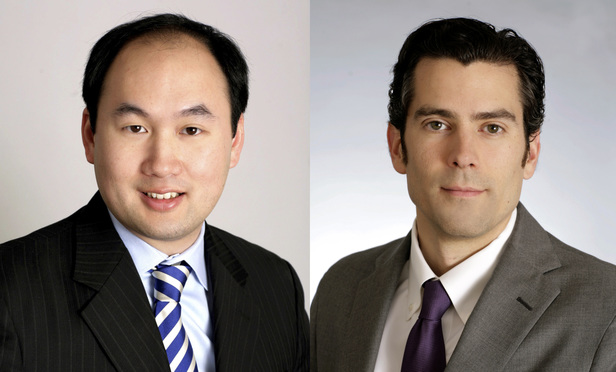As the doctrines of first sale and patent exhaustion have gained momentum over the past decade, questions have arisen about whether a licensor can still segment or divide its intellectual property assets covering related inventions into different licenses for different users of the technology. Two cases decided by the Federal Circuit in 2015 provide practitioners with valuable guidance as to what the courts view as defensible segmentations.
It is important to evaluate these cases against the backdrop of the seminal U.S. Supreme Court decision in Quanta Computer v. LG Electronics in 2008. There, the court set forth the rule of “substantial embodiment”: After a patent holder sells an article that substantially embodies a patent, the patent holder can’t control post-sale use of the article. This rule prevents a patent holder from receiving more than one payment for the use of the same article covered by its patent. In Quanta, the court ruled that LG Electronics, which held patents covering computer processors and had licensed the patents to the processor manufacturer Intel, could not sue Intel’s customers—computer manufacturers like Quanta—who combined the licensed processors with other non-licensed components in a way that infringed the patents. This was because the microprocessors substantially embodied the patents, or “included all inventive aspects” of the licensed patents and were intended to be combined with other parts in computers, leaving them with “no reasonable noninfringing use.”
This content has been archived. It is available through our partners, LexisNexis® and Bloomberg Law.
To view this content, please continue to their sites.
Not a Lexis Subscriber?
Subscribe Now
Not a Bloomberg Law Subscriber?
Subscribe Now
LexisNexis® and Bloomberg Law are third party online distributors of the broad collection of current and archived versions of ALM's legal news publications. LexisNexis® and Bloomberg Law customers are able to access and use ALM's content, including content from the National Law Journal, The American Lawyer, Legaltech News, The New York Law Journal, and Corporate Counsel, as well as other sources of legal information.
For questions call 1-877-256-2472 or contact us at [email protected]



